Microsoft's smoke signals gave away the development of the Surface Duo

As we told you earlier this morning, Microsoft has unveiled a new Surface-branded device, the Duo. It runs on Android and features two screens (hence its name). Microsoft is promoting the 360-degree hinge that allows the device to be used in different configurations, many of which we have seen before as illustrations accompanying the software giant's patent applications. In fact, a pair of patents that we told you about on the last day of August practically let the cat out of the bag.
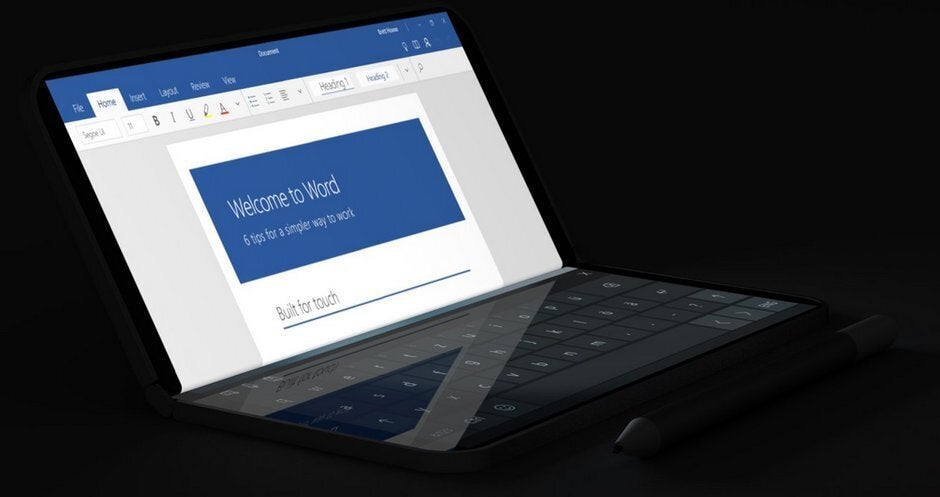
Render of the foldable Surface Phone circa 2017 in Laptop Mode
Now here is an interesting theory. If you recall, the foldable Surface Phone was reportedly going to run a version of Windows called Andromeda. Andromeda. Android. Was Microsoft trying to tell us something as far back as 2017? Even the dual-screened Surface Neo Windows tablet was hinted at last year. Back in July 2018, when Microsoft allegedly put the foldable Surface Phone on hold, there was talk about a larger dual-screened device that wouldn't be pocketable.
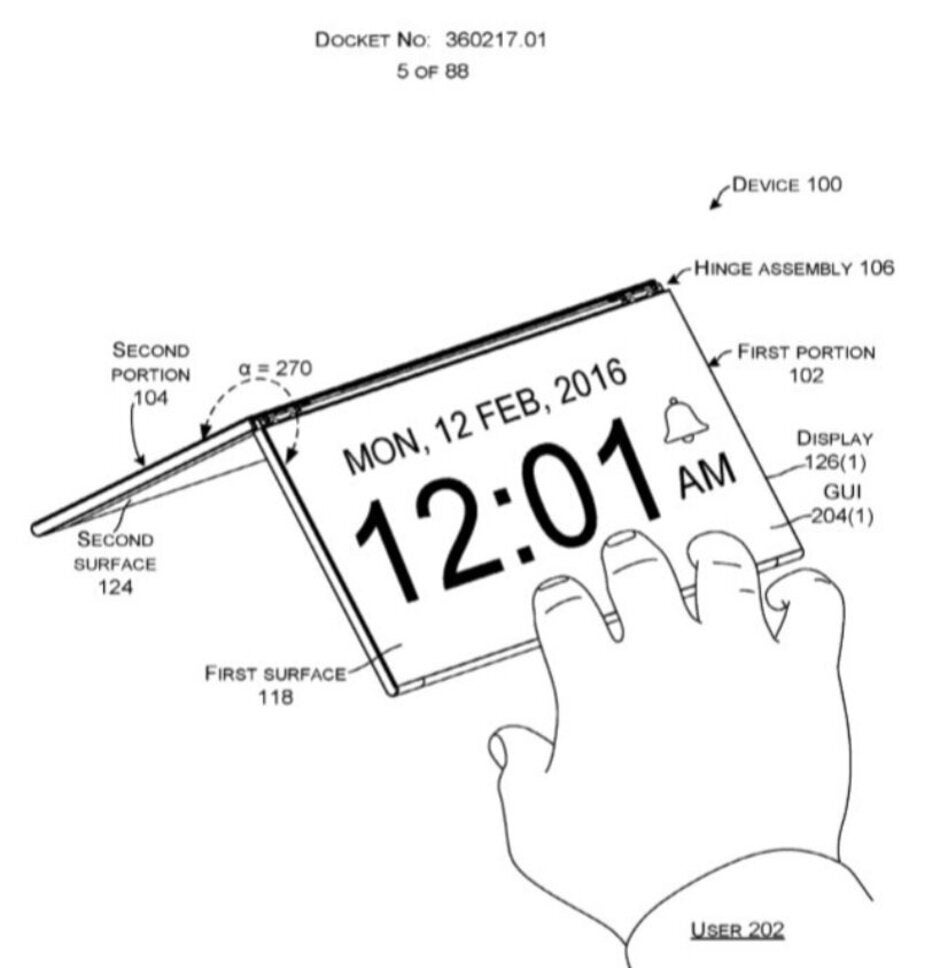
Illustration from a Microsoft patent application
The Surface Duo isn't expected to be officially unveiled until next October's Surface event and a lot could change between now and then. But it really does appear that Microsoft's patent applications and other leaks were in retrospect smoke signals telling us that Microsoft was returning to the smartphone hardware business. The company's Windows Phone powered handsets never caught on because of what became known as the "app gap." With such a small share of the smartphone industry, developers saw no reason to go through the expense and time of creating Windows Phone versions of popular iOS and Android titles. So Microsoft followed in the footsteps of BlackBerry, which finally junked the BlackBerry Operating System and turned to Android starting with 2015's BlackBerry Priv.
Microsoft needs to keep the buzz alive for a full year
Trying to figure out where the Surface Duo will fit on the smartphone spectrum is not clear since it won't be available until late 2020. The device is not exactly a foldable like the Samsung Galaxy Fold since it uses two screens that have a vertical border separating the pair. On the other hand, it does multitasking like a foldable and can even do it better since each screen can run independently of the other. And unlike the Samsung Galaxy Fold, the Surface Duo does support a pen or stylus. However, by the time the Duo does launch next year, we probably will have seen other foldables, like the Motorola RAZR (2019) released. But Microsoft doesn't see the Duo as a phone specifically and considers it a productivity tool. This could be the type of device that businesses will provide those working in the field. And in Laptop Mode, typing reports out of the office will be a lot easier than using a smartphone.
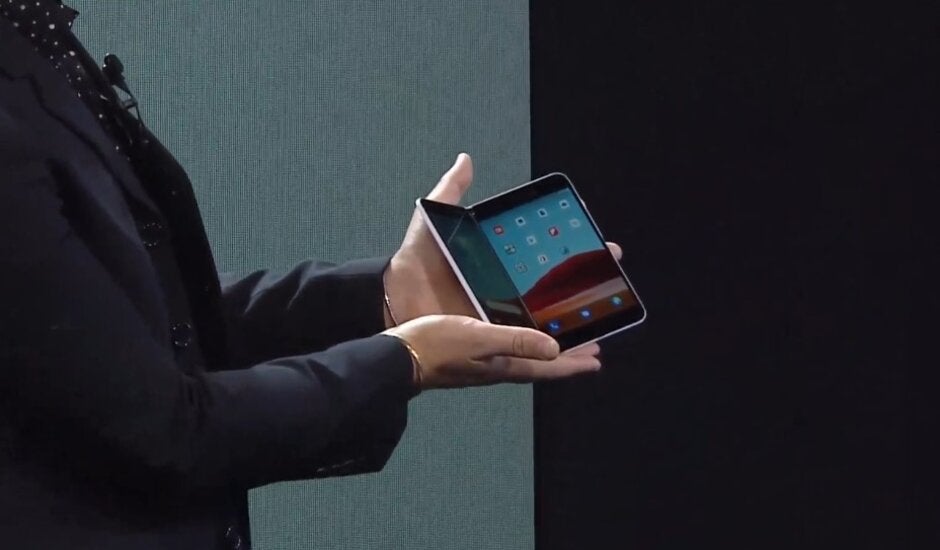
The Surface Duo
Microsoft's problem is to keep the buzz alive for a year until the Duo is launched. This will require the company to continuously issue updates to the media, publish videos and basically leak the device over time until businesses and consumers are panting in desire.
Follow us on Google News







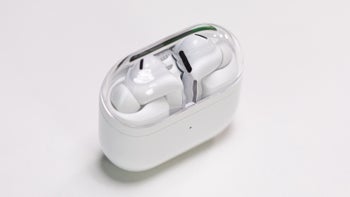
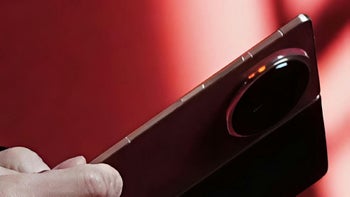
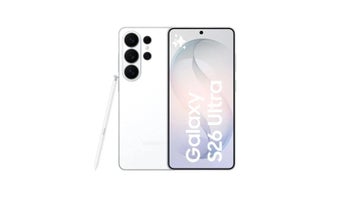
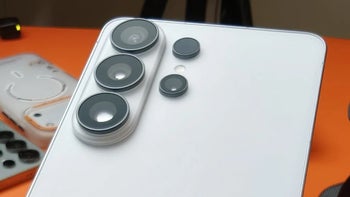
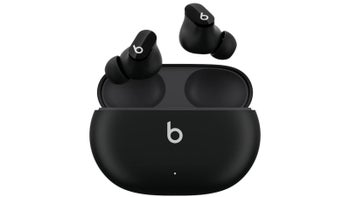
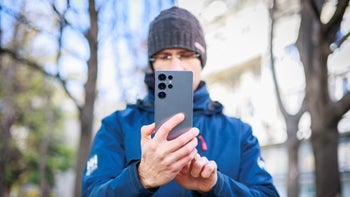
Things that are NOT allowed:
To help keep our community safe and free from spam, we apply temporary limits to newly created accounts: